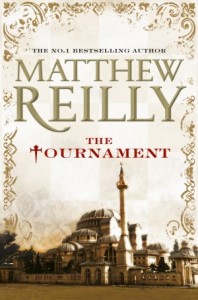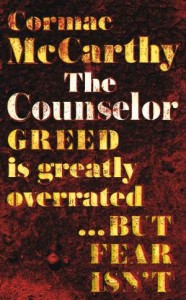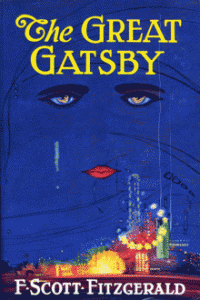“The Tournament,” Matthew Reilly
This is a very different Matthew Reilly novel. There’s no Scarecrow, nor Jack West. There is also no hero saving the world with moments to spare from some global calamity.
But don’t let that stop you from reading it as this is Matthew Reilly at his story telling best.
We meet Bess, the young 13 year old daughter of Anne Boleyn & Henry VIII, who goes to Constantinople with her teacher, Roger Ascham, to witness the inaugural World Chess Tournament hosted by the Sultan. Soon after arriving, a prominent Cardinal from the Catholic entourage is found murdered. The Sultan engages Ascham to investigate the murder. In the process of the investigation, conducted in the background to the tournament, further murders are perpetrated to add to the intrigue.
Meanwhile, Bess’s friendly older companion Elsie seeks to win herself a Prince, the son of the Sultan. She spends her nights on various nocturnal exploits which she regales in full detail to Bess the following morning. Yes, this novel features sex, which to his credit, Reilly points out at in his “Author Note” at the beginning of the book stating it to be for mature readers only.
The tournament, the investigation and Elsie’s ambition are all drawn together at the end. There was a degree of predictability which is not typical in a Reilly novel, however, the power of the novel is in Bess’s coming of age story line.
Bess, of course, matures into Elizabeth I, and one of the wonderful aspects of the novel was the fictionalising elements of real people. Fundamentally, this is a story about Bess, and Reilly courageously explores how the experiences in her youth (namely this fictional one) helped mould her into becoming one of Britain’s greatest monarchs. Not to mention that she never married.
Told from Bess’s first person voice, this is a rollicking tale that will delight Reilly’s passionate reader-base as well as introduce new readers to the great story teller that he is.




